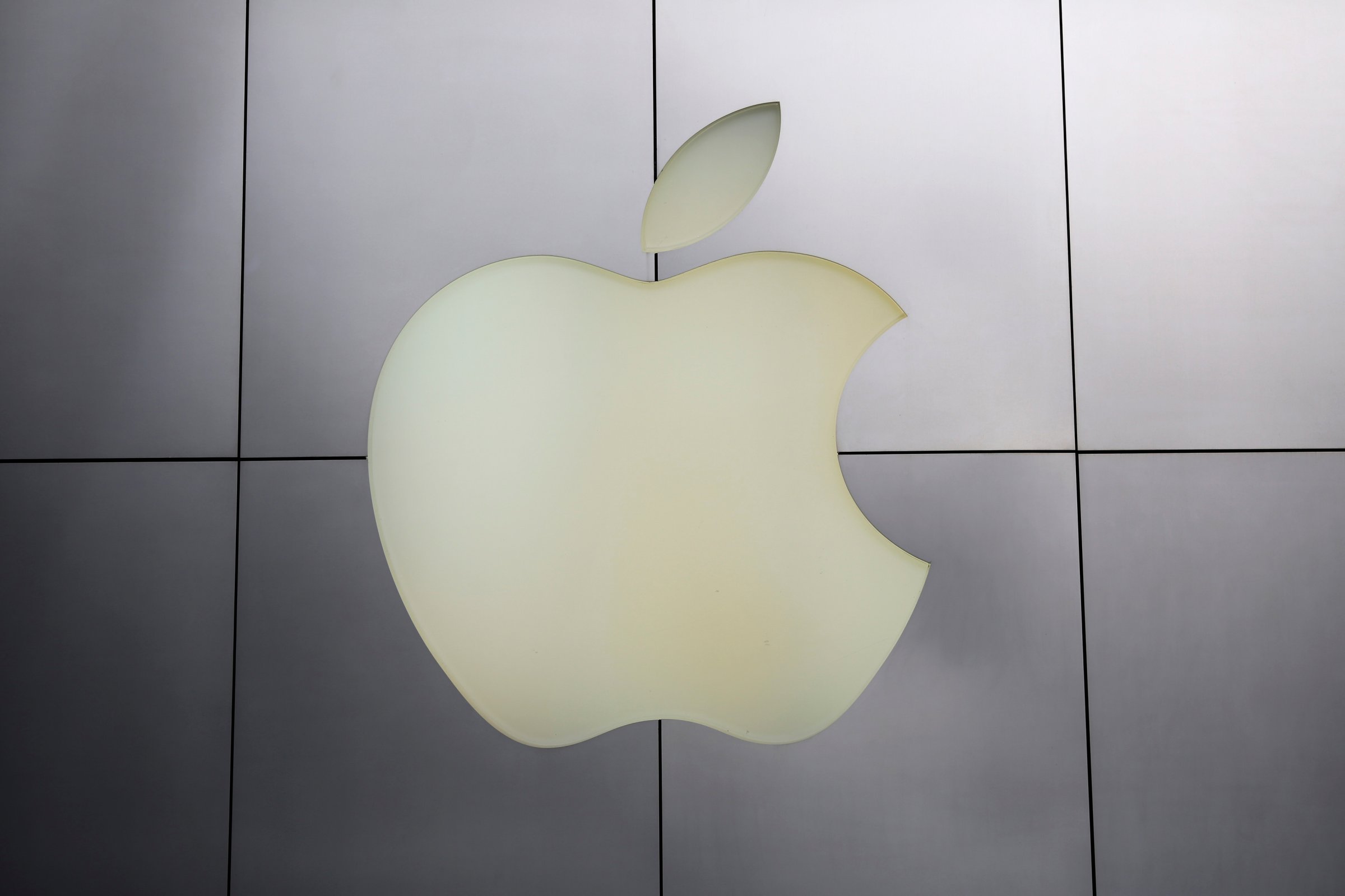
Apple and Samsung are set to resume their patent battle when the two tech titans square off in California federal court on Monday. The conflict between two of the most powerful technology companies in the world — with billions of dollars at stake — has been escalating for years, and underscores the ferocious struggle for advantage in the highly competitive smartphone and tablet markets.
Apple and Samsung have accused each other of blatantly copying design features used in each company’s smartphones and tablets. For Apple, the campaign against Samsung amounts to a proxy war against Google’s Android operating system, which powers the most popular Samsung devices. Apple has already won one major patent infringement case against Samsung, resulting in damages that were ultimately pegged at $930 million. Samsung is appealing that verdict.
The new case covers recent mobile devices, including the iPhone 5 and the latest models in Samsung’s Galaxy line. Apple is demanding about $2 billion in damages, and asking that Samsung be ordered to pay a $40 licensing fee for each phone. Patent expert Florian Mueller thinks Apple’s claim is outlandish. “Give me a break,” he wrote last week. “Reality distortion would be a total understatement for this.”
For Apple, this case isn’t about money so much as principle. Apple is nearing $200 billion in annual revenue and sitting on tens of billions in cash. Apple doesn’t need $2 billion. What it wants more than money is validation that its engineers were responsible for inventing the modern smartphone.
Apple’s late CEO Steve Jobs was convinced that Google and its partners copied most of the Android operating system and form-factor from the iPhone. The rift caused Google chairman Eric Schmidt to be politely dismissed from Apple’s board of directors five years ago. Jobs famously vowed to wage “thermonuclear war” against those whom he felt had ripped off the iPhone, and the multibillion-dollar lawsuits against Samsung and other Android hardware makers are the legacy of Jobs’ conviction.
(MORE: Apple’s $1 Billion Patent Win Over Samsung Rattles Google’s Cage)
Apple charges that Samsung “systematically copied Apple’s innovative technology and products, features, and designs, and has deluged markets with infringing devices in an effort to usurp market share from Apple. Instead of pursuing independent product development, Samsung slavishly copied Apple’s innovative technology, with its elegant and distinctive user interfaces product design, in violation of Apple’s valuable intellectual property rights.”
Samsung has filed a countersuit denying that charge and claiming that Apple “has infringed and continues to infringe,” on Samsung patents. “Without the ability to enforce its intellectual property rights, such as those relating to mobile device technology at issue in this action, Samsung would not be able to sustain the extensive commitment to research and development that has enabled it to lead the way into numerous improvements across a broad range of technologies, including the mobile device technologies at issue in this action,” Samsung said.
The patents involved in the case relate to the iPhone’s universal search feature, as well as technology that enables links inside text messages, and syncs calendar, email and address book data. Another patent involves the iPhone’s predictive text feature, which suggests text after the user has entered a few characters. Perhaps the most controversial patent in the case applies to the slide-to-unlock feature, which has become a familiar ritual for millions of smartphone users around the world.
(MORE: Aereo Boss Says He’s ‘Confident’ Ahead of Supreme Court Battle)
Over the last decade, an escalating patent arms race has gripped the tech world. Most of the major tech giants, including Apple, Google, Microsoft, and Samsung have engaged in patent litigation and counter-litigation in multiple jurisdictions around the globe. So far, the biggest winners have been patent lawyers, who reap millions of dollars in fees during these multiyear legal disputes.
Many patent experts believe that rampant intellectual-property litigation hinders competition, increases prices for consumers, and impedes innovation by slowing new products to market. “There’s a widespread suspicion that lots of the kinds of software patents at issue are written in ways that cover more ground than what Apple or any other tech firm actually invented,” Notre Dame law professor Mark McKenna told the Associated Press. “Overly broad patents allow companies to block competition.”
Last week, Apple allowed Greg Christie, one of its top software engineers, to speak publicly about the early development of the iPhone. Christie is one of several Apple employees who are listed as inventors on the slide-to-unlock patent, which was filed in 2009. In an interview with the Wall Street Journal, Christie described how his team worked for years to meet Steve Jobs’ exacting standards. Fortune writer Philip Elmer-DeWitt suggested it was no coincidence that Apple trotted Christie out just days before the trial. Apple wanted to make a point: We invented this technology.
Although Apple and Samsung will be the two tech titans squaring off in Judge Lucy Koh’s San Jose courtroom on Monday, Google will loom large in the proceedings. That’s because Apple’s multiyear patent battle against Samsung and other handset makers is really a proxy war against Google’s Android operating system, which powers their most popular devices. Several Google executives could be called to testify. The trial is expected to last through early March.
More Must-Reads from TIME
- Cybersecurity Experts Are Sounding the Alarm on DOGE
- Meet the 2025 Women of the Year
- The Harsh Truth About Disability Inclusion
- Why Do More Young Adults Have Cancer?
- Colman Domingo Leads With Radical Love
- How to Get Better at Doing Things Alone
- Michelle Zauner Stares Down the Darkness
Contact us at letters@time.com